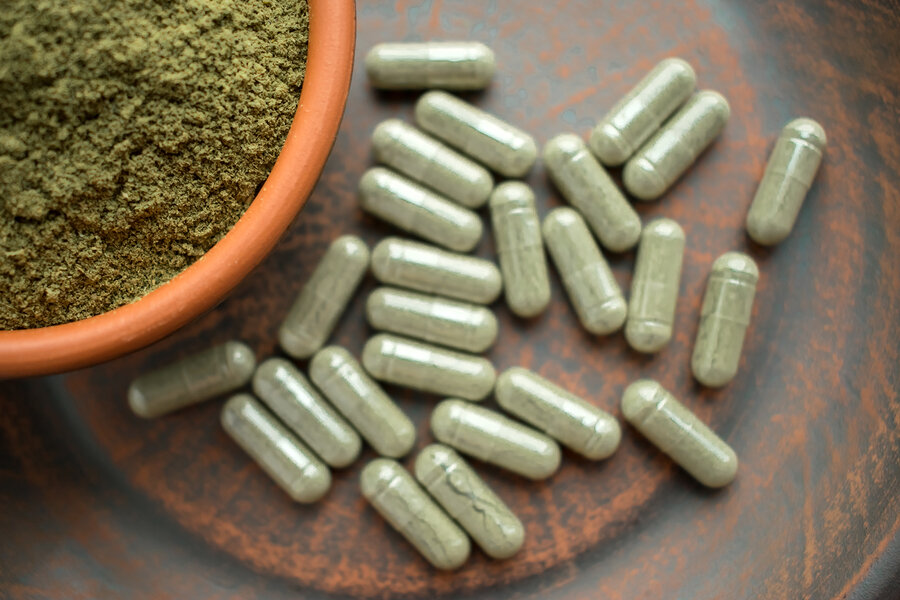Is Kratom Right for You?
/By Forest Tennant, PNN Columnist
The answer to the headline on this column depends upon whether you can get enough prescription opioids to control Intractable Pain Syndrome (IPS).
In many locales in the country, doctors — for multiple reasons — will not prescribe enough opioids to control IPS and its cardiovascular, endocrine and autoimmune manifestations. If you can’t get enough prescription opioids to keep your pain under control, you should give kratom a try.
What Is Kratom?
Kratom is a compound found in the tree leaves of the mitragyna speciosa plant that grows in southeast Asia.
It is an herb and not an opioid, but it produces pain relief like an opioid. Biologically, it attaches to the opioid receptors (pain relief sites) in the brain and spinal cord, and relieves pain just like an opioid.
Kratom is legal in most of the United States and is widely advertised and promoted on the Internet. It is available as a pill, capsule or powdered extract.
It can be used by itself for pain relief or taken simultaneously with a prescription opioid. Most persons with IPS who report kratom use take it between opioid dosages or use it just for flares.
How Do I Know How Much to Take?
There are several formulations and many brands of kratom. In fact, we have received so many different reports that we can’t really say that one form, color or source is better than another. Our recommendation is that you acquaint yourself with someone who already takes kratom for pain relief. This person is in the best position to “show you the ropes” relative to dosage, types and sources.
As with any new drug, start at a low dose and work up over time to maximize its effectiveness and prevent any severe side effects. Kratom is available without a prescription, but check with your state laws first. It is currently illegal in a few states and some communities.
Do not let today’s opioid restrictions ruin your health and life by leaving you in severe pain. Kratom may be just right for you.
Forest Tennant is retired from clinical practice but continues his research on intractable pain and arachnoiditis. This column is adapted from newsletters recently issued by the IPS Research and Education Project of the Tennant Foundation. Readers interested in subscribing to the newsletter can sign up by clicking here.
The Tennant Foundation gives financial support to Pain News Network and sponsors PNN’s Patient Resources section.




